The Awakening
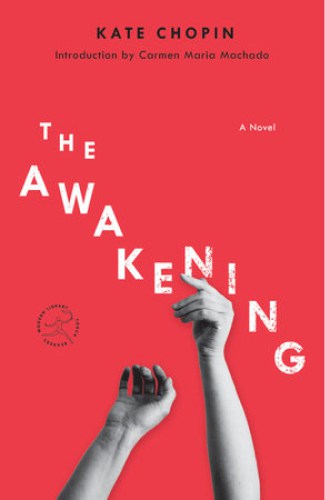
’Yes,’ she said. ‘The Years that are gone seem like dreams-if one might go on sleeping and dreaming- but to wake up and find- oh! Well! Perhaps it is better to wake up after all, even to suffer, rather than to remain a dupe to illusions all one’s life.(133) Kate Chopin Does free will exist? […]
Medea

This is a short, riveting text that takes students directly to topics about human nature in extremity – questions of passion, the relationship between love and hatred, justice and the most severe vengeance extending even to children. It is almost impossible not to react strongly. It is helpful in the classroom that that the beautiful but challenging poetic language and the stylized, unfamiliar character of ancient Greek drama provide enough distance for students to be able to be able to examine the most violent emotions and actions, creating the opportunity for compelling discussion.
Song of Solomon
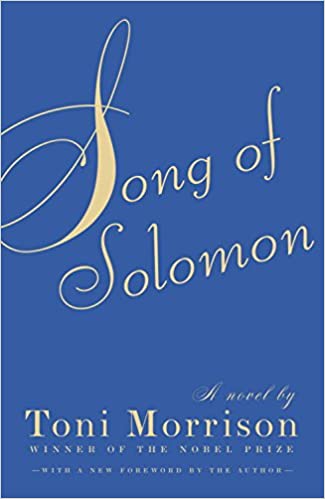
Complex characters sit at the center of every Toni Morrison novel. She creates all her characters, these flawed and human people, the admirable and disreputable characters, with great empathy and love, and we as readers love them as well. She constructs the novel from a mixture of history, myth, spirituals and the supernatural that makes the writing deeply resonant. What is past is never past, as the ancestors are always present. In a Toni Morrison novel, understanding one’s ties to these ancestors and healing the traumas of the past brought into the present are integral to self-acceptance and moving forward.
Love in The Time of Cholera

This novel is about Love and all its itinerant forms. Unrequited love. Platonic love. Romantic Love. Parental love. Forbidden love. It is about obsession and rejection. It is about the enduring nature of love and of hope. It asks difficult questions about what love is and who is entitled to it. No one walks away from this text not thinking that love is complex and nuanced and dangerous. Marquez presents love as an illness, with many of the same symptoms of Cholera. And the way the characters compartmentalize who they love and the way they love requires that your understanding of the text transcend traditional considerations of what love is.
Their Eyes Were Watching God
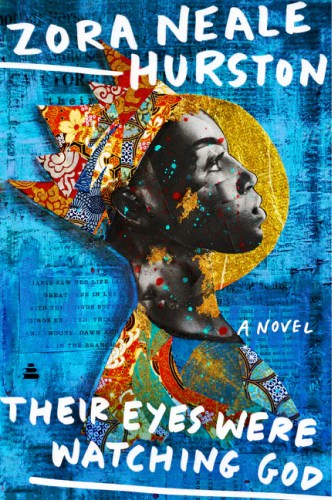
“Their Eyes Were Watching God” is an epic feminist manifesto. But it also appeals to anyone who is in search of who they are. In this era of the “authentic self” this novel is a virtual user’s manual for that very thing. Men and women will connect to Janie’s quest for authentic self and for the ability to make her own choices.
Drinking Coffee Elsewhere

It is impossible to come away from these stories not realizing the trauma of growing up black and female in Packer’s world. The stories resonate with the complexities of race, gender, and class and the way Packer’s characters must maneuver each one with stealth and grace and sometimes violence. Packer provides an unflinching perspective on the many ways there are to be a black woman, from girlhood to adulthood.
Salvage the Bones
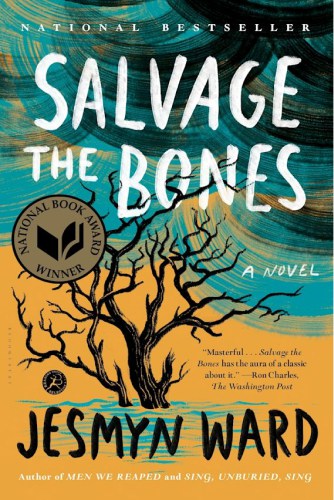
Salvage the Bones is one of those texts that force the reader to see the world on the other side of their comfort zone. Esch is unflinching in her observations, forcing the reader to go along with whatever she shows them, and daring the reader to pass judgment. It is impossible to come away from this story not understanding that the world is a complex environment.
Fences
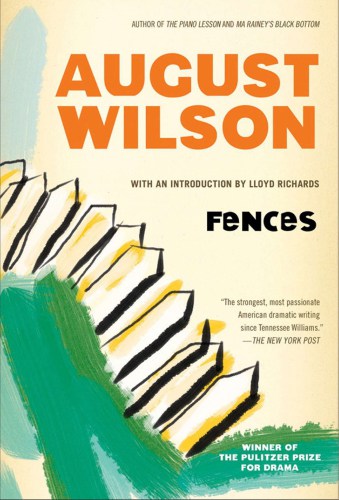
Fences is a book about inevitability of change and adaptability. It’s about the choices we make when faced with the inevitable. But Troy is also a man in progress. His failings are human failings. It is a play about the enduring promise of family.
Mama Day
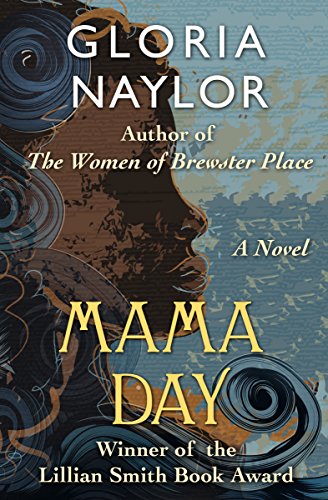
Mama Day explores the concept of home in multiple ways, and in ways that the reader may not be expecting. This novel unlocks the way we think about home, and then forces us to transcend those beliefs. It is also a novel about faith and the life-altering effects faith of any kind can have on our lives. This novel makes readers question the very definition of faith and what true faith can accomplish.
Frankenstein
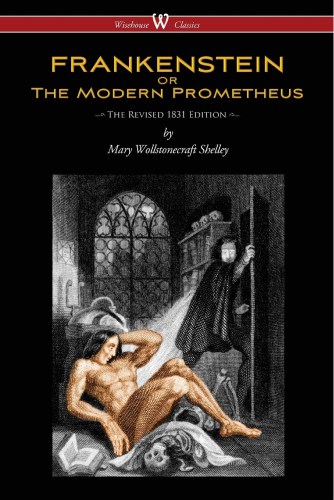
Few students will not encounter Frankenstein without some preconceptions, as the character of the creature (if not the story itself) is ubiquitous. But popular culture versions of the story often exaggerate the monstrosity of the creature and minimize or even ignore Victor’s abandonment and renouncement of the creature and his responsibilities toward his own creation.

